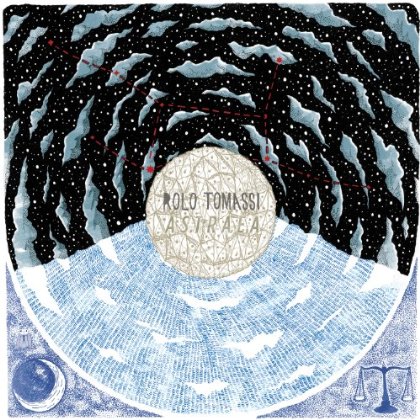
description
rnational figure but few recognize the educational, political and ideological contexts that formed the public persona. Excavating layers of networks, activists, academics, polemicists, and funders across the ideological spectrum, Joy James studies the paradigms and platforms that leveraged Angela Davis into recognition as an activist and radical intellectual. Beginning in Alabama in 1944 with Davis's birthplace and ending in California in 1970 with a surrogate political family, James investigates context in order to better understand the agency and identity of Davis. Her chronology marks key events relevant to Davis, Black communities, and the US: AntiBlack repression under Jim Crow, Black bourgeois southern families, revolutionaries, elite education, communist parties, international travels, undergrad and graduate schooling-all interconnect and play a part in Davis's rise in stature from persecution as a UC graduate student to the UC Presidential chair some three decades later. Set against the backdrop of 21st-century US democracy and the rise of neofascists, James highlights of the centrality of those considered ancillary to US liberation movements. She unpacks the contradictions of iconography and revolutionary agency and shows how a triumphal figure from a symbolic era of struggle became the icon of the rare peoples' victory.
member goods
No member items were found under this heading.
Return Policy
All sales are final
Shipping
No special shipping considerations available.
Shipping fees determined at checkout.







